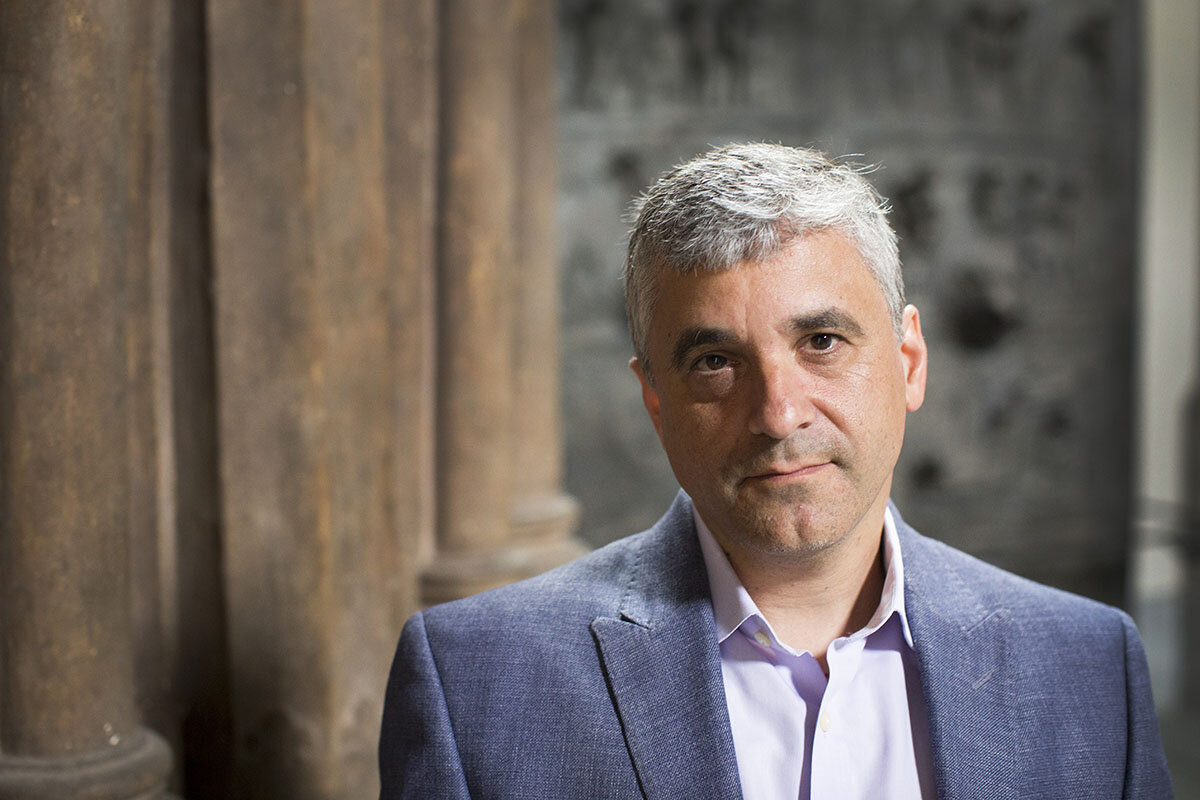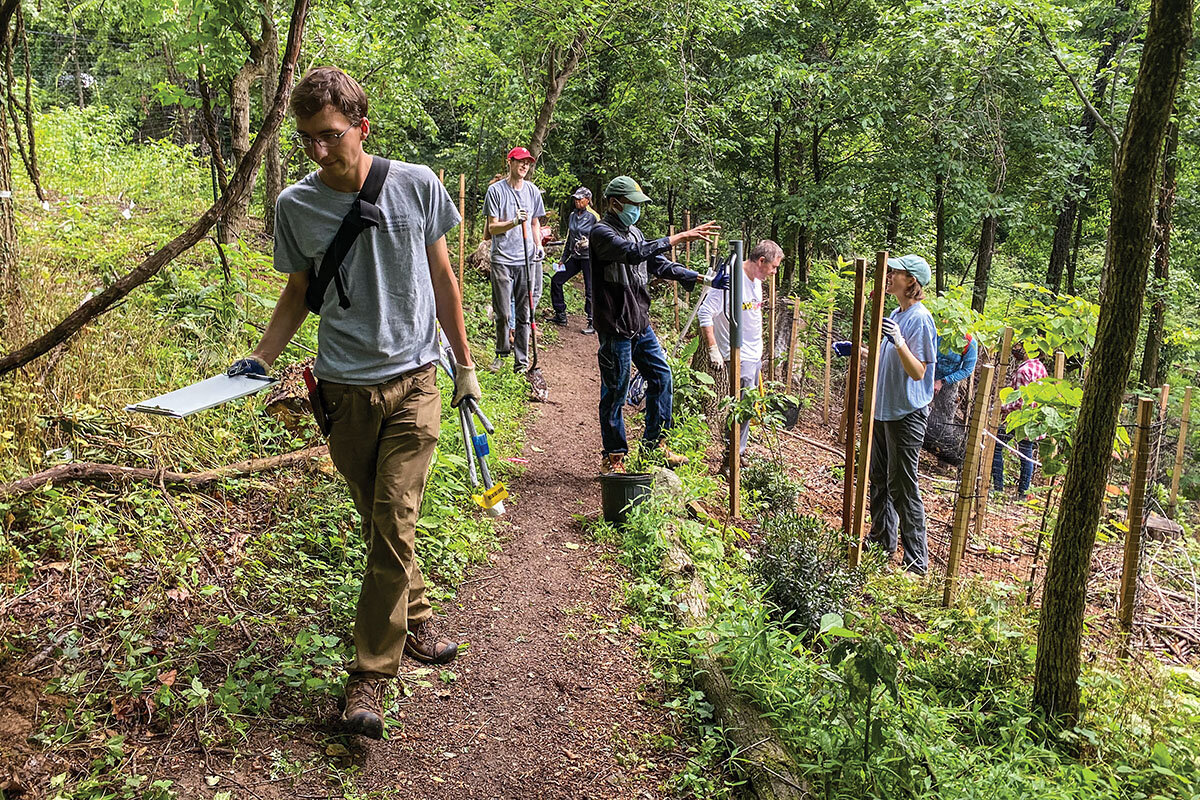Policing is caught in the American culture wars, seen as savior or oppressor. But understanding the path that led to policing today reveals new possibilities for the future.
Monitor Daily Podcast
- Follow us:
- Apple Podcasts
- Spotify
- RSS Feed
- Download
 Amelia Newcomb
Amelia Newcomb
Today we launch a new podcast about how women have navigated the pandemic. And its title – “Stronger” – hints at what our reporters found.
Women were the group hardest hit by the fallout from lockdowns and business closings – a result of their sizable presence in such fields as service work, health care, and education. But listen to “Stronger,” and you will hear a common refrain from the six women we profile: that despite harsh tests in the form of lost jobs, family ruptures, burnout, and unending demands, they discovered in themselves a deep well of resilience. And, happily for us, they’re sharing their stories.
Why would they do that at such a fraught time? Reporters Jessica Mendoza and Samantha Laine Perfas are pretty friendly people, the kind you’d like to talk to. But something more powerful jumped out at me as I heard these women speak: their trust that Jess and Sam would really hear them. As Jess notes, “Not all of their stories were what we expected, but that only made working with them even more moving and powerful.”
Some of that connection unfolded through discussions over Zoom; some came from in-person moments, such as when Jess and Sam picked one woman up after her night shift, or played with the kids before a chat.
“We felt so honored to be given access to their lives,” Sam says. We hope you’ll feel the same way.










